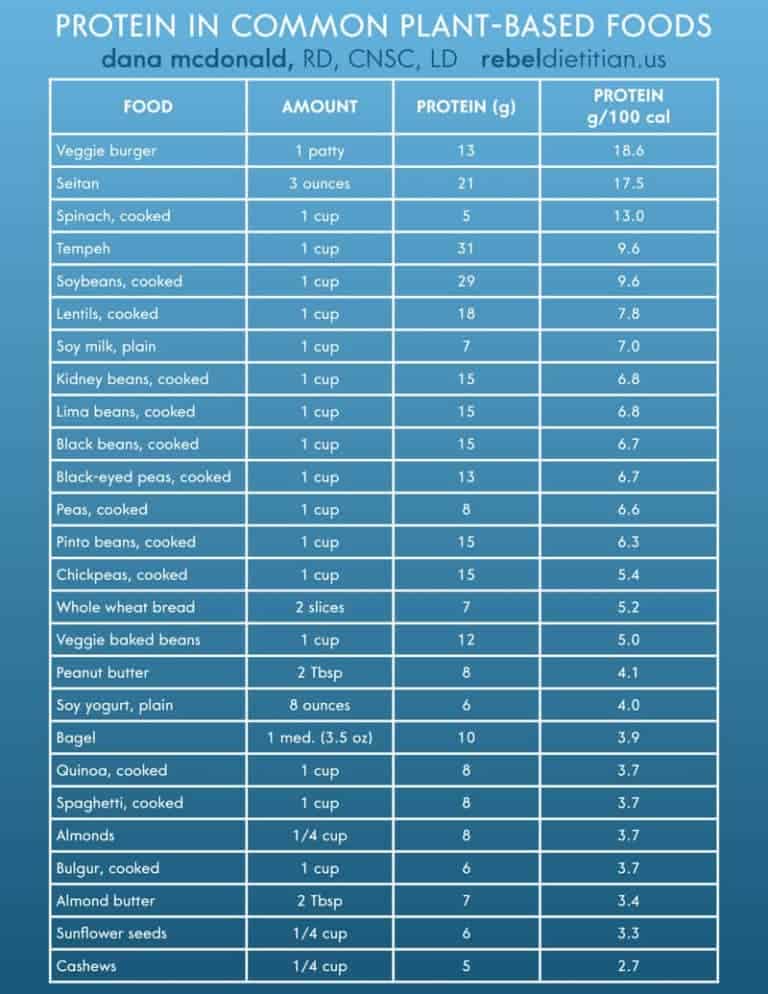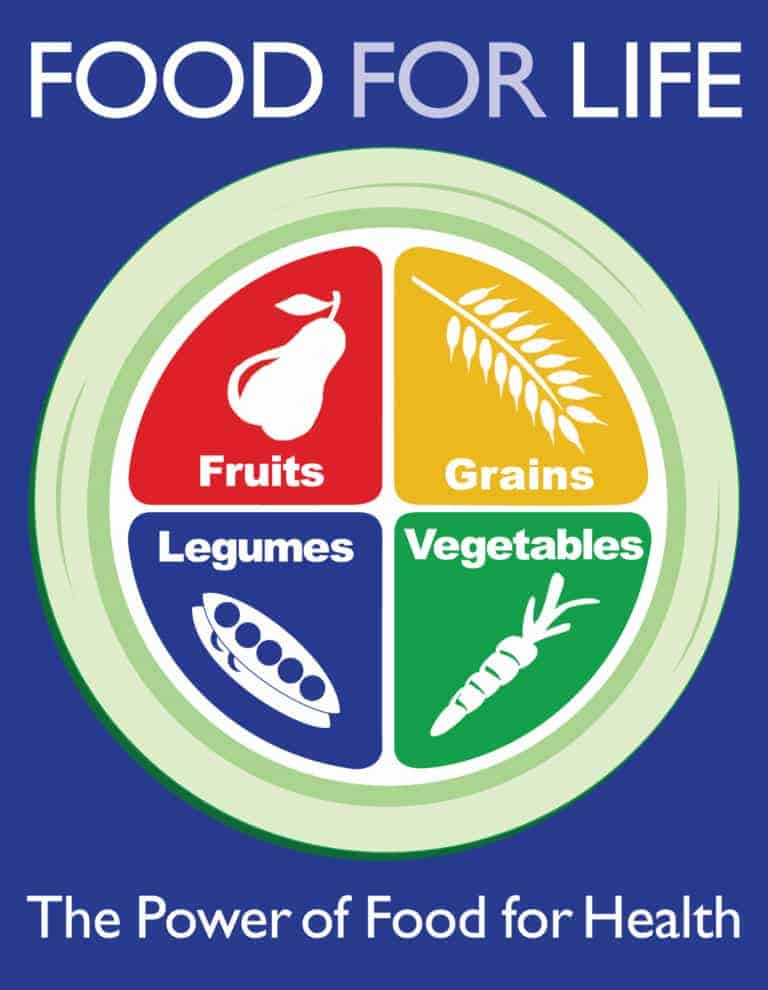Mitigate Climate Change One Bite at a Time | Plant-Based Diet
If you’ve ever wondered how you can take personal action to help mitigate climate change, you might be surprised to learn that one way is to simply change the way you eat.
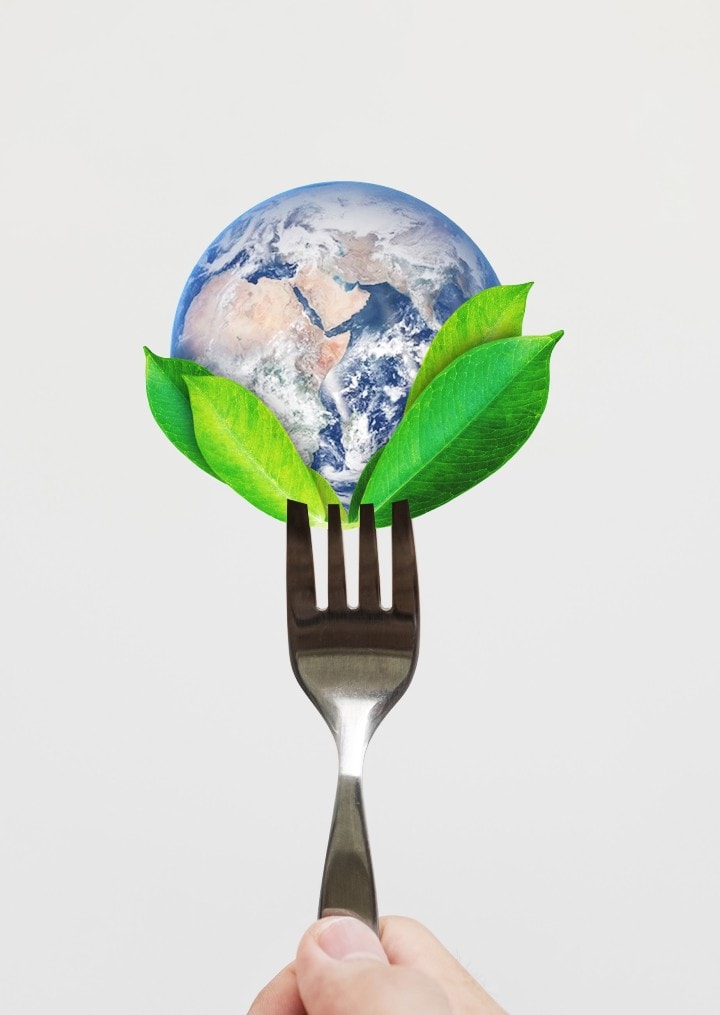
By: You Change Earth
Environmental consequences of diet
There are a number of underlying environmental consequences associated with the food that we choose to buy and eat. Our dietary choices can greatly detriment our planet’s health by contributing to climate change, causing deforestation, and a number of other harmful effects.
Although it may not be particularly apparent, our diet is responsible for 20 to 30 percent of our individual carbon emissions [1], and over half of these emissions can be attributed to the production of livestock [2].
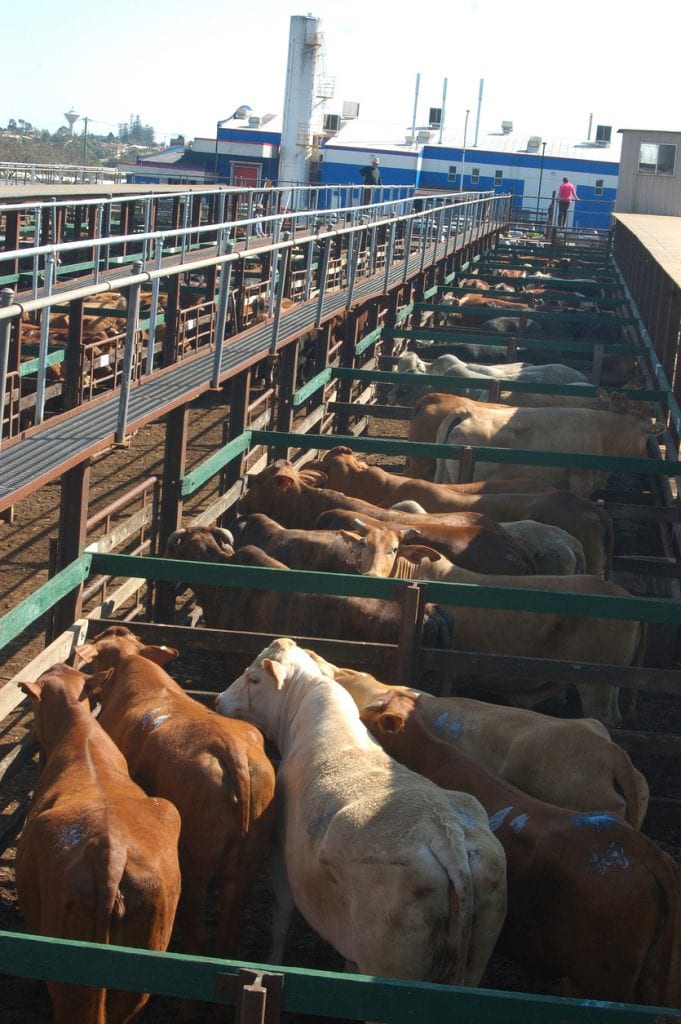
Researchers have estimated that the worldwide processes of developing and transporting meat generate over a fifth of all global greenhouse gas emissions [2]. These issues are projected to continue to increase as annual global meat consumption per capita has skyrocketed from 51 pounds in 1961 to 95 pounds in 2017 [3].
Mitigating climate change with food
Although the demand for meat will continue to surge as the global population grows, reducing and cutting meat out from one’s diet is one of the best choices individuals can make for the planet.
While meat consumption is a significant challenge that we must face to protect the environment, plant-based diets offer themselves as viable and healthy replacements that help benefit the planet.
Even if people find the decision to completely rid their diets of meat to be difficult, there are still a number of foods that can be cut out of your diet to transition to a healthier, more eco-friendly, plant-based diet.
Agriculture impact on the environment
Cows are by far the most environmentally harmful type of livestock and as a result, the reduction of our global demand for beef is of utmost importance. The mass-production of beef has devastated ecosystems and communities across the globe for a number of distinct reasons.
In comparison to all pork, chicken, and dairy products combined, the production of beef requires a drastically larger supply of resources to suit demands [2].
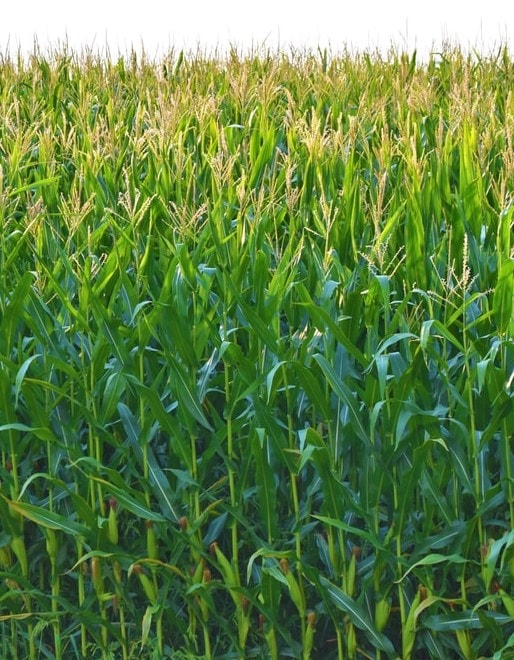
Cattle exhaust 28 times more land, 6 times more fertilizer, and 11 times more water than their animal counterparts [2]. In order to produce just one pound of beef, cattle production exhausts over 1,800 gallons of water whereas plant alternatives such as tomatoes and wheat only use 26 gallons and 25 gallons respectively [4].
Furthermore, although livestock production takes up over 83 percent of the world’s land used for agriculture, meat only provides 18 percent of the calories consumed by humans around the globe [5].
Inefficient and costly
Meat is shockingly inefficient in providing sustainable, cheap, and eco-friendly food sources from both caloric and spatial viewpoint. The difference in the magnitude of the consequences of beef production compared to other plants and meats is simply staggering.
The impact of meat production is felt all across the globe as it threatens human health and causes significant losses of biodiversity throughout the planet. Wildfires in the Amazon forest have been widely discussed in recent news, yet it is rarely mentioned that cattle production is largely to blame for this.
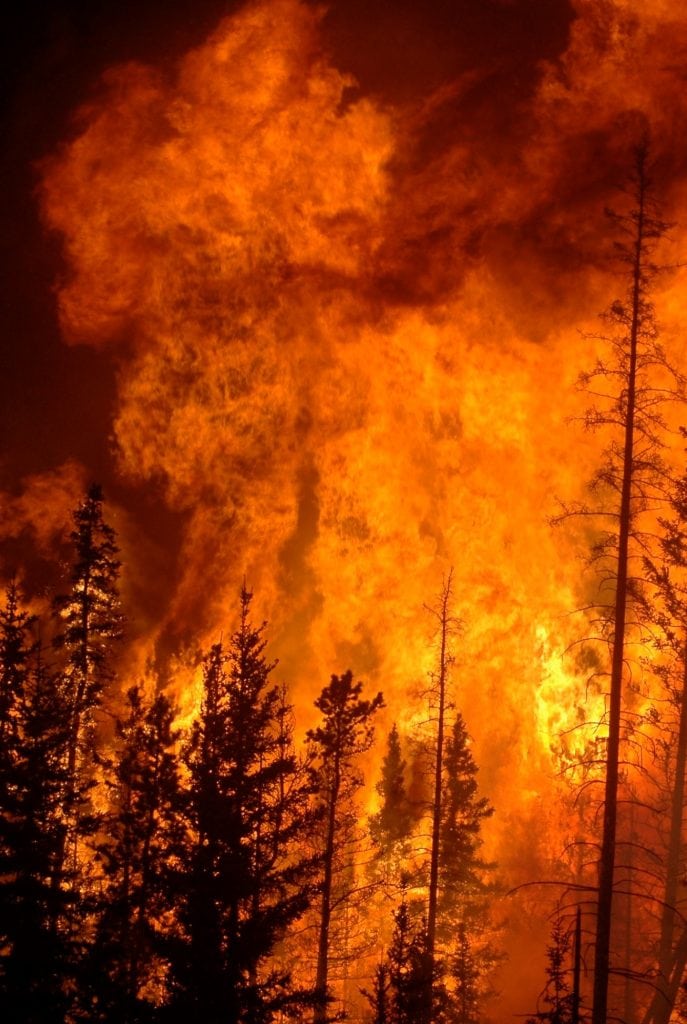
Cattle ranchers have cut down and burned over 10 percent of the pristine Amazon in order to create homogeneous fields to house and feed cows [6]. In doing so, they drastically impact the forest ecosystem, particularly the nutrient cycle, which means the land itself becomes less efficient for crops.
This leads to a dangerous cycle where more forest needs to be removed to make up for the decreasing crop yield and success in previous land. At the same time, the burning of trees itself, and cattle husbandry, release greenhouse gases into the atmosphere [7].
The Amazon is the most biodiverse region in the world [8] and the consequences of slash and burn agriculture are imposing irreparable damage on one of the most unique regions of the world [9].
How to mitigate climate change
The signs are clear that the global demand for meat is severely harmful to the wellbeing of both humans and the planet, yet there are clear steps that you can take to help mitigate these effects.
The members of You Change Earth are committed to helping raise awareness and educate the public about the threat that anthropogenic climate change poses to the planet, as well as the measures that can be taken to reduce our global carbon emissions.
Our website has a plethora of information about the actions you can take today to help significantly reduce your environmental impact, and the consequences large industry has on the environment and climate change.
One of the best ways you can do this is by making your diet more eco-friendly through reducing your consumption of meat and incorporating a plant-based diet into your lifestyle.

To learn more about the impact of your diet and the ways you can make environmentally and economically sustainable decisions, go to Green Your Diet and explore our guides to see feasible alternatives to your current lifestyle choices.
By: Nick Fournier with You Change Earth
About You Change Earth

We are a group of young people who came together across seven countries and five continents to build a tool that would make a difference on the greatest challenge of our generation, climate change.
Each of us were shocked that so many people around us would ask ‘what can I do about climate change?’ Yet despite there being incredible communities and actions that could suit them, so few people find an answer.





